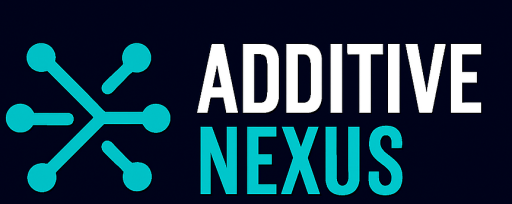Ensure your additive manufacturing operations meet the rigorous demands of the oil & gas sector. Our service helps companies adapt and align their existing Quality Management Systems to comply with API 20S (Additively Manufactured Metallic Components) and API 20T (Additive Manufacturing for Polymer-Based Components).
🔍 Why API 20S and 20T Matter
API 20S and 20T are critical for qualifying AM components used in oil and gas applications. These standards define:
- Required documentation and traceability
- Process controls and validation
- Material testing and inspection criteria
- Supplier qualification and audit readiness
🛠️ Our QMS Alignment Services Include:
-
Gap analysis between your current QMS and API 20S/20T requirements
-
Mapping existing procedures to standard clauses
-
Support in creating or updating documentation (e.g., traveler sheets, inspection plans)
-
Guidance on traceability, digital records, and manufacturing passports
-
Supplier qualification and audit preparation
-
Integration with AM-specific workflows and digital tools
📊 QMS Alignment Process Overview
Phase |
Description |
|---|---|
Initial Assessment |
Review current QMS and identify gaps against API 20S/20T clauses |
Mapping & Planning |
Align existing procedures with required documentation and controls |
Implementation |
Update SOPs, inspection plans, and traceability workflows |
Validation |
Support internal audits and readiness for third-party or customer audits |
Maintenance |
Ongoing support for revisions, training, and continuous improvement |
🧠 Expertise You Can Trust
- Deep knowledge of API 20S, API 20T, and related standards (DNV, AWS, MSFC-STD-3716)
- Hands-on experience with AM qualification frameworks across sectors
- Proven success in helping clients achieve compliance and operational excellence
- Collaborative, iterative approach tailored to your existing systems
📈 Benefits of QMS Alignment
- Reduced risk of non-compliance
- Faster qualification cycles
- Improved traceability and documentation
- Enhanced supplier credibility
- Readiness for customer and regulatory audits
